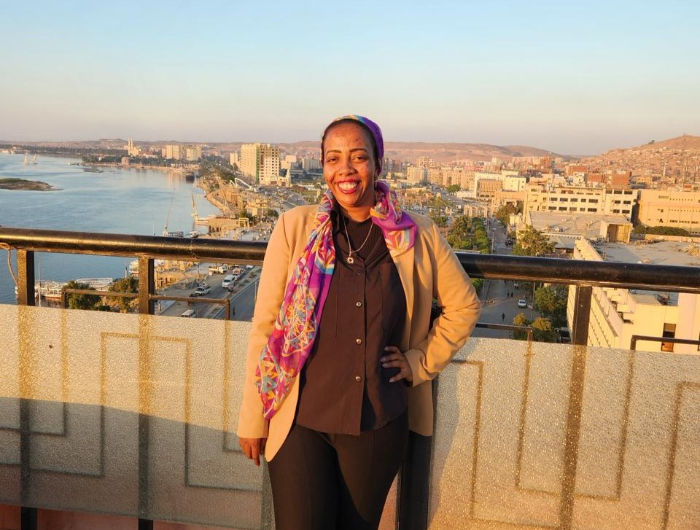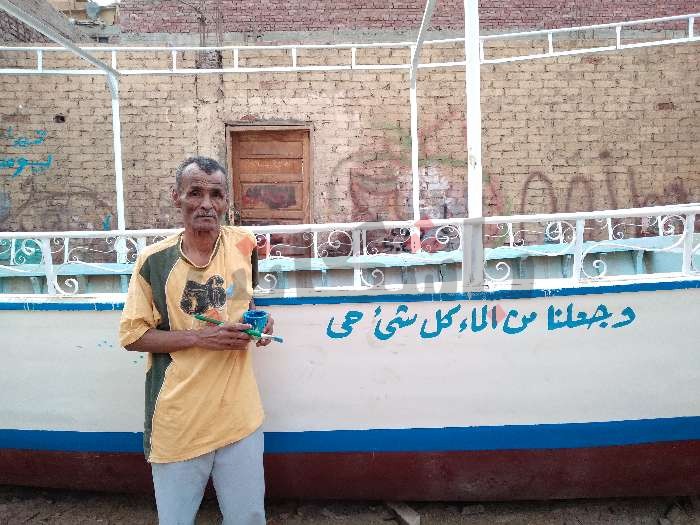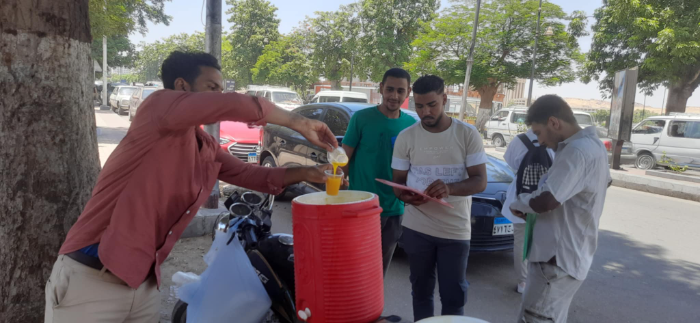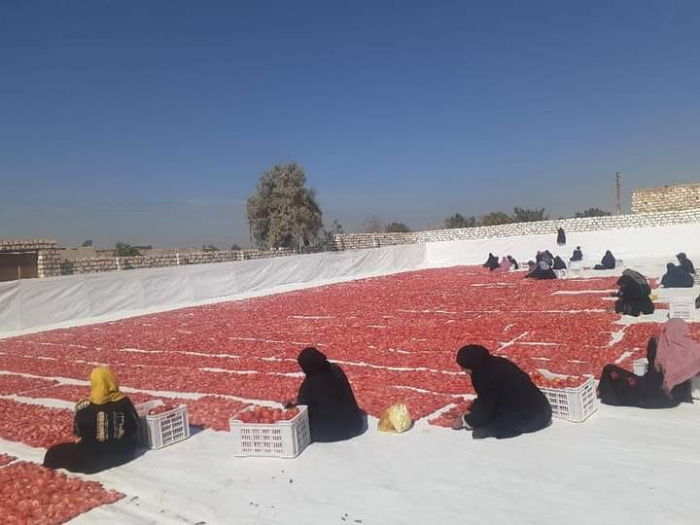Asmaa Abdulaal, 44 years old, works daily for more than 13 hours, trying to provide for her three children, especially since they are in different grades of education; she is the sole breadwinner in the family, and financial burdens are not giving her a break by a long shot.
Asmaa, before being swallowed in this vortex, was married and living in one of the Arab countries with her husband. After their separation, she returned to Egypt with her children and began supporting her family on her own, as her husband refused to take on that responsibility. This has increased the number of female breadwinners in Egypt.
According to the Central Agency for Public Mobilisation and Statistics, Asmaa is among 12 million female breadwinners in Egypt, providing for 3 million families, either due to the husband’s absence or death, or refusal to support the family after divorce.
Asmaa: “my children work to help me with everyday expenses”
Asmaa, a math teacher, begins her day at 7:00 am. She works at school until 2:00 pm, after which she gives private lessons to supplement her income. This is necessary because her husband, who is outside Egypt, does not pay the court-ordered spousal support of 3,500 EGP.
Asmaa earns a salary of 2,000 EGP. Despite a government decision last February to raise the minimum wage by 50% to 6,000 EGP per month, effective from 1st March, 2024, her school has not yet implemented this increase.
“Before divorce, I used to work and help my husband in supporting our family, yet now it is all on me. Food and education are my first priorities,” says Asmaa. Her struggle is manifested in letting her child work in a pharmacy besides his studying at college, and her middle child helps out by working only during holidays.
One of the toughest challenges Asmaa faced was when her son qualified for the Faculty of Commerce, English Department, which costs 11,000 EGP per year. To fulfil her son’s dream, she had to borrow money and accumulate debts.
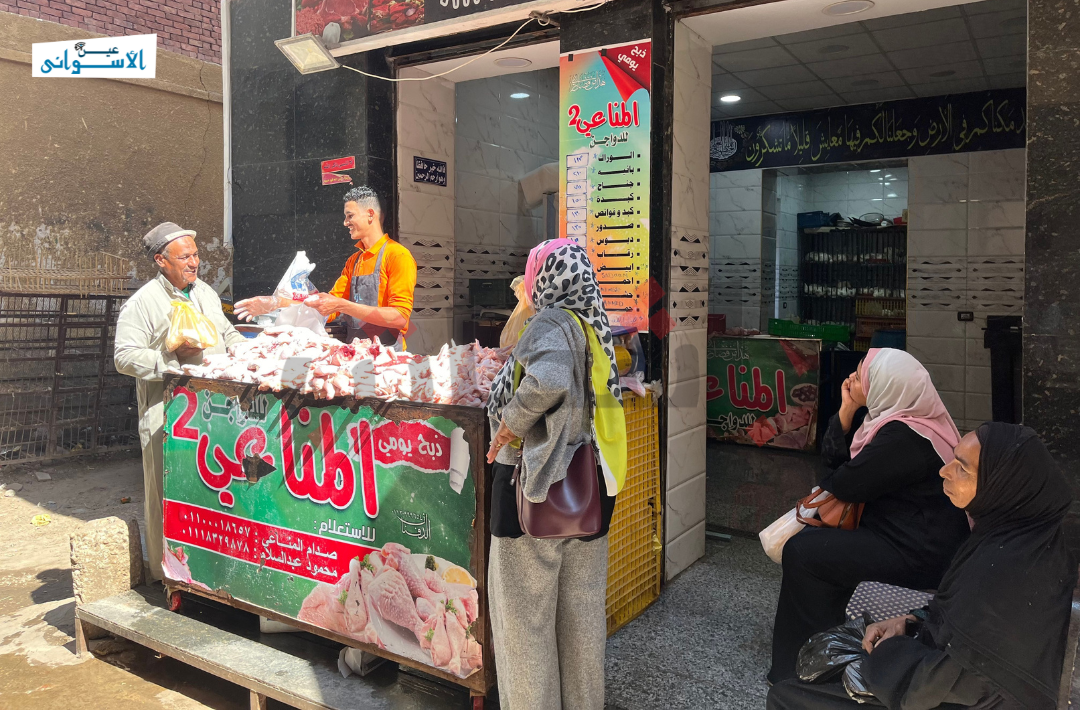
Zainab: “I’m fighting against the daily rising prices”
Zainab Mahmoud, 50 years old, has been providing for her family for 10 years now. She has one daughter who goes to university and her divorce sends a court-ordered spousal support of 1,000 EGP only. The money is short of course, and since Zainab doesn’t have a college degree enabling her to get a job, she is unemployed.
“I have turned to austerity, but the daily rise in prices, especially in food, forces me to rely on financial help from my family. The most challenging part is not being able to meet my daughter’s needs, so I started a small spice business selling to women in the neighbourhood, but it hasn’t been profitable,” said Zainab.
Women in Egypt are suffering from rising prices and unemployment, as women’s participation in the labour force has declined; from 22% in 2012 and to 16% in 2022, according to the World Bank, while annual inflation recorded 35.7% last January.
Ganoubia Horra: “economic strain on female breadwinners is becoming increasingly severe”
Seham Othman, Program Manager and Public Relations Officer at the NGO Ganoubia Horra (free southern woman), says that women’s employment status differs from men, especially for irregular labourers in places like stores, pharmacies, and so on.
She explains that the most notable difference lies in the lack of opportunities women have in finding such jobs, in addition to the lack of laws protecting their rights, “economic strain on female breadwinners is becoming increasingly severe, and in case the family is subject to any financial crisis, women get the lion’s share in solving the issue and manoeuvring the rising prices.”
Othman talks about the other aspect of female breadwinners’ crisis, saying that social stigma stands between divorced women and finding jobs, in addition to the age problem, and the wrong notion that women are weaker in general.
Seham believes that the solution lies in delivering state support directly to women breadwinners’ homes through door-to-door campaigns via collaborating with civil society organisations, to educate women about their state-provided rights.
